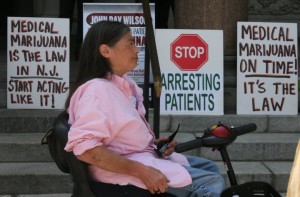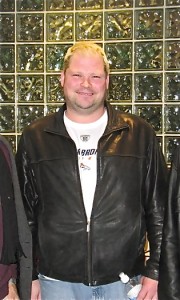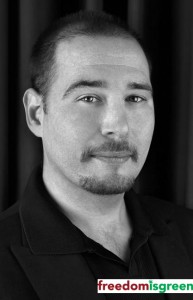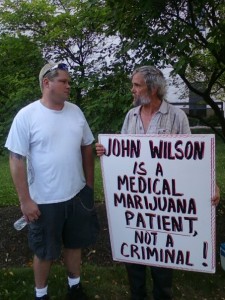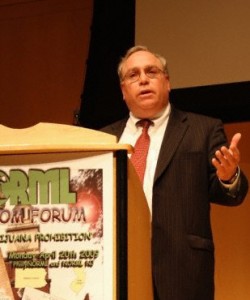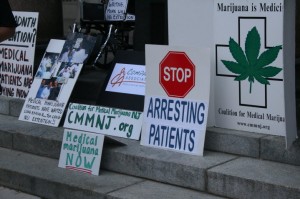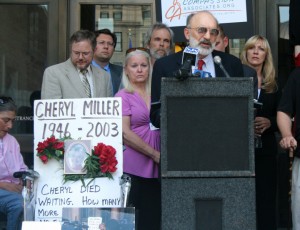7/25/2011 – Praise continues this week for NJ Governor Chris Christie’s decision to follow the compassionate use law and the state constitution, ending another delay for the medical cannabis program. Six Alternative Treatment Centers (ATCs) will now move forward with operations. But the type of system being attempted is an entirely new animal and the regulations have not been finalized.
Shunning the holistic approach to therapeutic marijuana, the Christie Administration has sanctioned a centralized “medical model” with severe limitations compared to other states. The result of this narrow scope may not be exactly what patients had in mind when they envisioned access.
Medical cannabis in the Garden State will not be served from glass cases that house nine strains of Indica buds or from shelves of carefully frosted cupcakes and brownies. Instead it will likely be served over a counter that looks exactly like a pharmacy in pill bottles full of homogenized, ground-up plant matter.
There are two levels of unique restrictions, first is the compassionate law itself: New Jersey legislators allowed the shortest list of qualifying medical conditions in the country, a monthly supply of just two ounces and cut out home cultivation. Last minute language also limited cannabis products to lozenges, topical creams and raw material.
The proposed rules from the Christie Administration are the next level. They created the nation’s first mandatory cannabis doctor registry, capped THC content at 10 percent and would stop the six ATCs from home delivery or growing more than three strains. Those are just the highlights.
The full regulations, over 100 pages of them, are so bad that they could hamstring the program. The executive suspension/un-suspension has overshadowed this important part of the process.
Patients have spent the last year testifying against the rules before committees at the Senate, Assembly and even the Department of Health and Human Services (DHSS). Physicians and potential ATC operators (even some of the winners) also criticized the worst of the new restrictions.
Hearing those concerns, the Legislature passed new resolutions with bi-partisan support. Stating that the regulations violated the true intent of the compassionate use law elected officials began a rare process to invalidate them.
The winning ATC proposals already conform to the draconian rules. The ATCs are led by political players from both parties teamed up with hand-picked executives from top-tier medical and pharmaceutical institutions. Big names drip from the resumes: Pfizer, Rutgers University, The Robert Wood Johnson Foundation, George Washington University Cancer Center, The National Transportation Safety Board.
The New Jersey ATCs are the best funded, most politically connected medical marijuana operations in America. Most of the NJ ATCs plan to spend tens of millions of dollars researching the plant and its component cannabinoids. Qualifying patients are not considered customers but are treated more like doctor-ordered participants in some sort of advanced medical experiment.
But even the ATCs want the limitations lifted on THC potency and plant variations. Right now DHSS could change the rules voluntarily or the Legislature could continue in their resolve to force a re-write. Presumably, some action must be taken in order for the ATCs to proceed as expeditiously as Gov. Christie is now directing.

